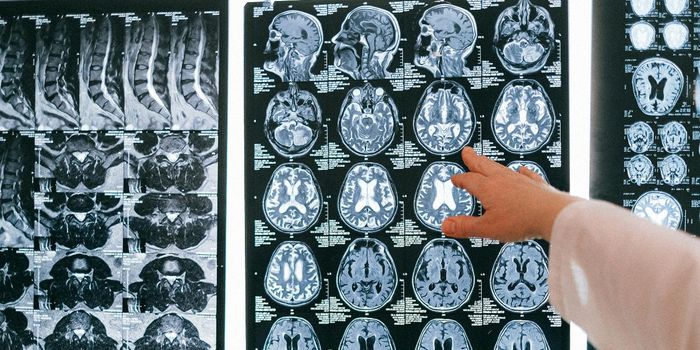Autoimmunity Caused By Genetic Mutation
Most of the diseases seen today are a result of a mutation in our genetic make-up. Some examples include cancer, Huntington’s, hemophilia and Parkinson’s. In a study performed by researchers at the Tokyo Medical and Dental University, we learn of an autoimmune disease that is revealed to be caused by a genetic abnormality.
Takayasu arteritis (TAK) is a rare type of vasculitis, a group of disorders that cause blood vessel inflammation. In Takayasu's arteritis, the inflammation damages the aorta — the large artery that carries blood from your heart to the rest of your body — and its main branches. The disease can lead to blockages or narrowed arteries (stenosis) or abnormally dilated arteries (aneurysms). Takayasu's arteritis can also lead to arm or chest pain and high blood pressure and eventually to heart failure or stroke.
In the study published in the scientific journal called Circulation: Genomic and Precision Medicine, it is described how Takayasu arteritis is caused by MLX gene mutation. This mutation increased oxidative stress and inflammasome formation and activity, specifically in the aortic valves, explaining the inflammatory state and associated symptoms.
A single nucleotide polymorphism (a variation in a single base pair a DNA sequence) of the MLX gene correlates with changes in the binding site on the protein. The alteration of the binding site causes increases in the severity of arterial lesions and morbidity of aortic regurgitation.
The researchers determined that the structural changes of the protein binding site result in the molecule’s increased interaction with another protein called MondoA. MondoA and MLX interaction promotes the formation of inflammasomes; molecules that are involved in inflammation. Over-activated inflammation results often in autoimmune disorders which might help to explain for the symptom of arterial dysfunction and its consequences that eventually result from a chronically inflamed state.
"After proving the link between the mutation and this disease, we looked at how the altered gene product makes patients ill," co-author Mitsuaki Isobe says. "We first found that the equivalent protein in mice was mainly expressed in the aortic valves controlling blood flow at heart, suggesting that this is also the site affected in human Takayasu arteritis patients."
The findings of the team suggest that the genetic mutation of MLX plays a crucial role in the pathogenesis of TAK, which was previously undefined. "Now we know the specific ways that this mutation impairs patients' immune systems, we can look at ways of remedying this," says contributing author Yasuhiro Maejima. "For example, the antibody tocilizumab is effective against another disease involving excessive inflammasome activation, familial Mediterranean fever, so it could also be effective for Takayasu arteritis."
Sources: Circulation: Genomic and Precision Medicine, Science Daily, Mayo Clinic, YouTube










